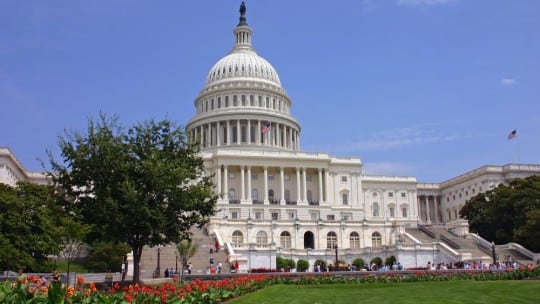
A tip to PR pros who find continual learning helps keep them ahead: Regardless of your interests, pay close attention to the political scene. Almost daily it offers PR takeaways.
Below are important Do's and Don't's that you can heed.
Do's
- Always understand that a reporter has a job to do, just as you have.
- Always understand that a reporter can ask questions not on the subject at hand.
- Always understand that reporters might ask questions you would rather they didn’t during discussions with you or your executives.
- Always understand that once you engage with a reporter, no topic is off limits.
- Prior to engaging with the media, make sure the entire team has the same talking points.
- A prepared statement should be sent to all members of the team who might engage with the media.
- Always be truthful with reporters. If a question is asked that you'd rather not answer immediately, tell the reporter that you'll check on the facts and get back with an answer. Follow through. Sometimes, to get a quicker response, reporters will say, "I'm on a deadline and need an immediate answer.” The reporter’s deadline is not your problem unless you're providing news that helps your brand.
- Always check on developing news stores prior to the beginning of a press conference and immediately inform your executives of any news that might be mentioned during the conference.
- During a PR crisis appoint one individual who should answer all media inquiries.
- During a PR crisis remember that just because a story fails to receive coverage for a few days it doesn't mean the media has lost interest. It can mean that: A major breaking story temporarily is delaying additional coverage of your brand's crisis; enterprise journalism is underway; or print pubs have investigative stories waiting to be published.
Watching press briefings and political TV talk shows can provide an education in how individuals respond when reporters ask questions that are not to their liking. Applying this to PR, reporters often will ask tough questions of anyone who works on controversial brands or brands in crisis. The worst thing PR pros can do is lose their cool and berate the individual asking the question.
Paying attention to the political news shows also will reveal how the media reports on a PR crisis in real time. It can be fascinating.
Despite the efforts of PR pros, the end result for many brands is media coverage. No matter how tough reporters are on your brand, do your best to avoid taking it personally. Reporters are doing what reporters are supposed to do: Develop stories. So, always maintain a cordial relationship with the media. Chances are you’ll want their help in the future. On the other hand, don't count on media friends always providing such help, particularly during a crisis.
Below is more advice on what to avoid doing.
Don’t's
- Never accuse reporters of having an agenda
- Never tell reporters that they are missing the big story.
- Never accuse reporters of spinning stories, instead of reporting facts.
- Never shout at reporters.
- Never ban a reporter from a press conference. It will upset the reporter's colleagues. Instead, don’t call on the reporter during the Q and A period.
- Don’t admonish a reporter by name or in front of the reporter's colleagues.
- Never cut off a reporter in the middle of a question. If you disagree with the premise say so when you reply to the question.
- At a press conference, never show favoritism to a reporter.
- Never come off as if you have all the answers. If you lack an answer, as noted above, say you will find it later.
- Never stonewall a question by saying you've not been briefed about it. Answering a question in that fashion may lead to reporters branding your response as an untruth or planned avoidance of the subject. Instead, say, “I have not yet discussed that issue with my colleagues, but will when time permits. Once I have an answer I will get back to you."
- In a PR crisis, never assume that your media friends will go easy on you.
- In a PR crisis never respond with “No comment” to a reporter’s question. Instead say, "Let me check on that and I'll get back to you." Always do.
Nowhere is it carved in concrete that you must engage with the media during a PR crisis. When there is nothing new to report, holding a press conference can be a mistake. Of course, developments should immediately be announced during a live media briefing or via a company web site. Failing to schedule media sessions will do little to discourage reporters from asking questions, however. Answer those questions via email and inform other members of your team of the questions and answers.
Arthur Solomon is a former journalist and was SVP/senior counselor at Burson-Marsteller. A frequent contributor to PR publications, he was on the Seoul Peace Prize nominating committee. He can be reached at: [email protected]
